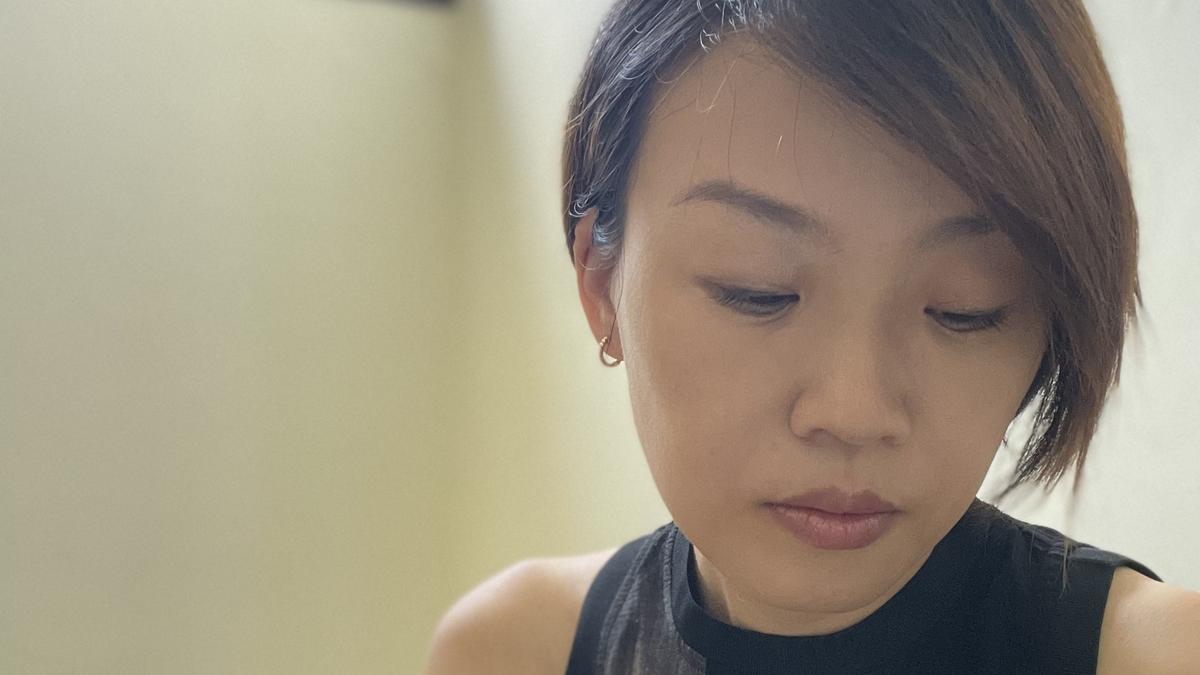
Reading Asia: ‘Will never forget the spirit and energy I witnessed during the 2019 Hong Kong protests’: an interview with Dorothy Tse
The Hindu
In an interview with Sohini Basak for The Hindu, Hong Kong author Dorothy Tse talks about the role that the 2019 Hong Kong protests have played in her writing, and her journey since setting up her literary journal in 2006
In this monthly column, writer Sohini Basak sets out to interview contemporary writers from Asia to understand the nuances of cultural practices, power hierarchies, literary lineages, gender norms, all the while asking the question: Is there an Asian way of thinking? The hope for the column is to not only celebrate, but also sharpen our understanding of the countries geographically closest to us, and heighten our collective curiosities about the shared colonial histories, mythologies, sentimentalities and anxieties. Here’s an excerpt from her interview with writer Dorothy Tse:
Reading Asia | The full collection of interviews
Dorothy Tse has received the Hong Kong Book Prize, Hong Kong Biennial Award for Chinese Literature, and Taiwan’s Unitas New Fiction Writers’ Award. Her first book to appear in English, Snow and Shadow (translated by Nicky Harman), was longlisted for the Best Translated Book Award. She is the co-founder of the literary journal Fleurs des Lettres, a literature magazine to showcase the best new talents from the Chinese literary world. Set in a semi-imaginary Hong Kong, her first novel Owlish (translated by Natascha Bruce), recently longlisted for the Warwick Prize for Women in Translation, is one of those deeply enjoyable but hard to describe books. Described variously as an anti-fairytale or a dark parable about totalitarianism, it’s a narrative hall of mirrors in which readers (especially Indian readers) will find some form of their fears and struggles reflected.











